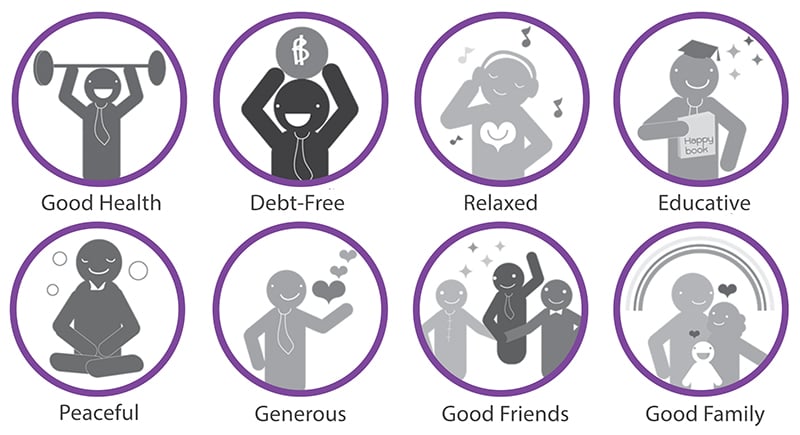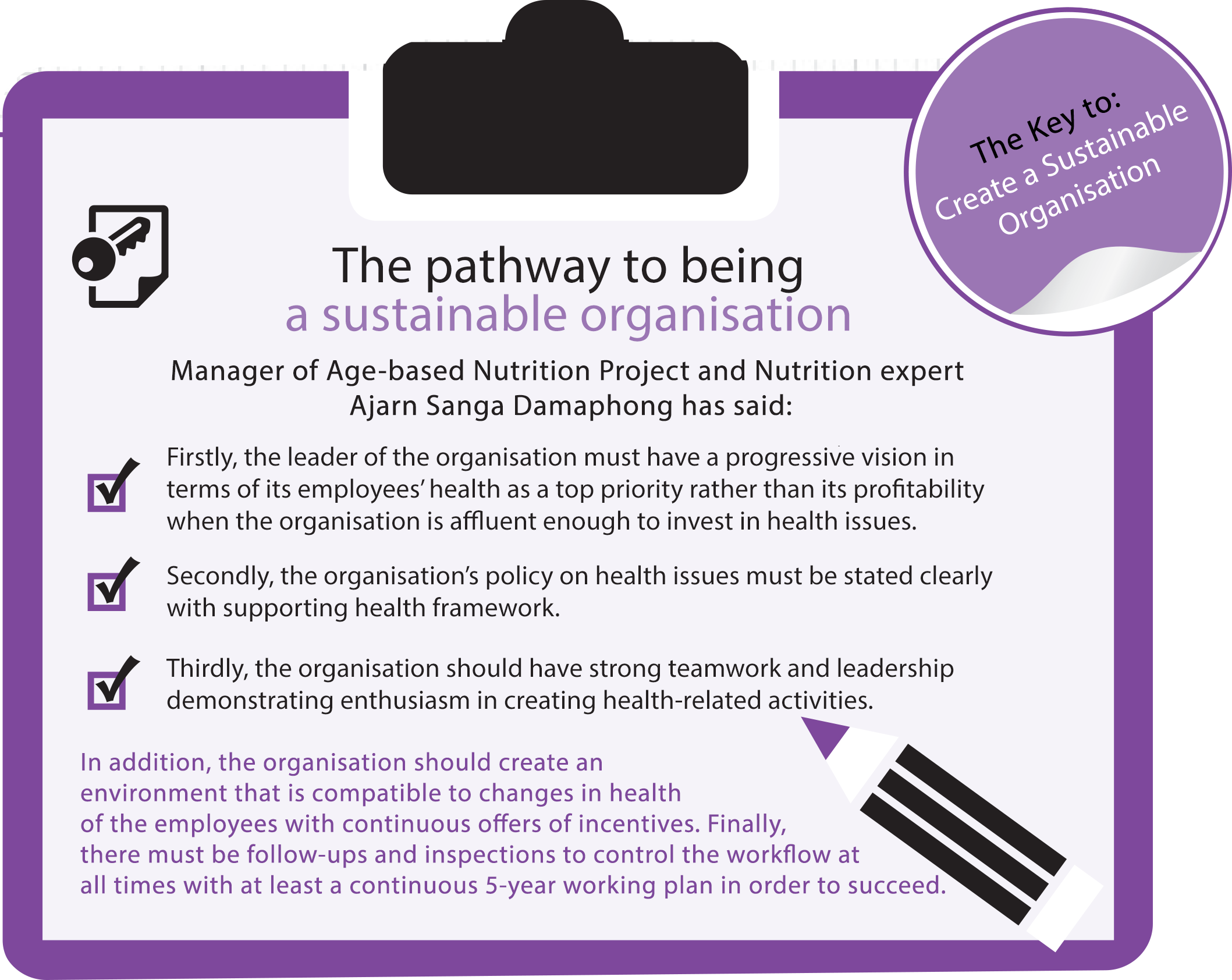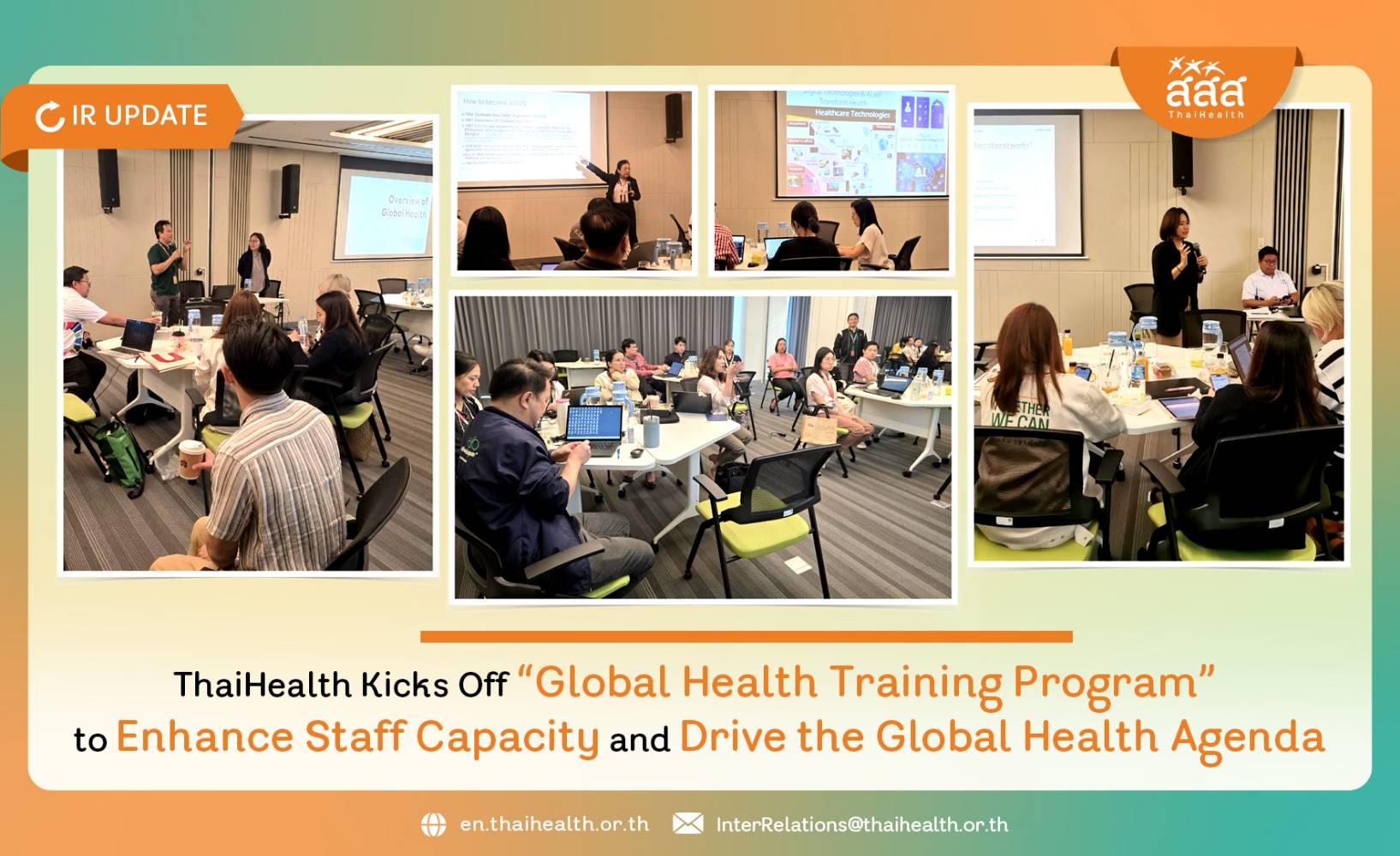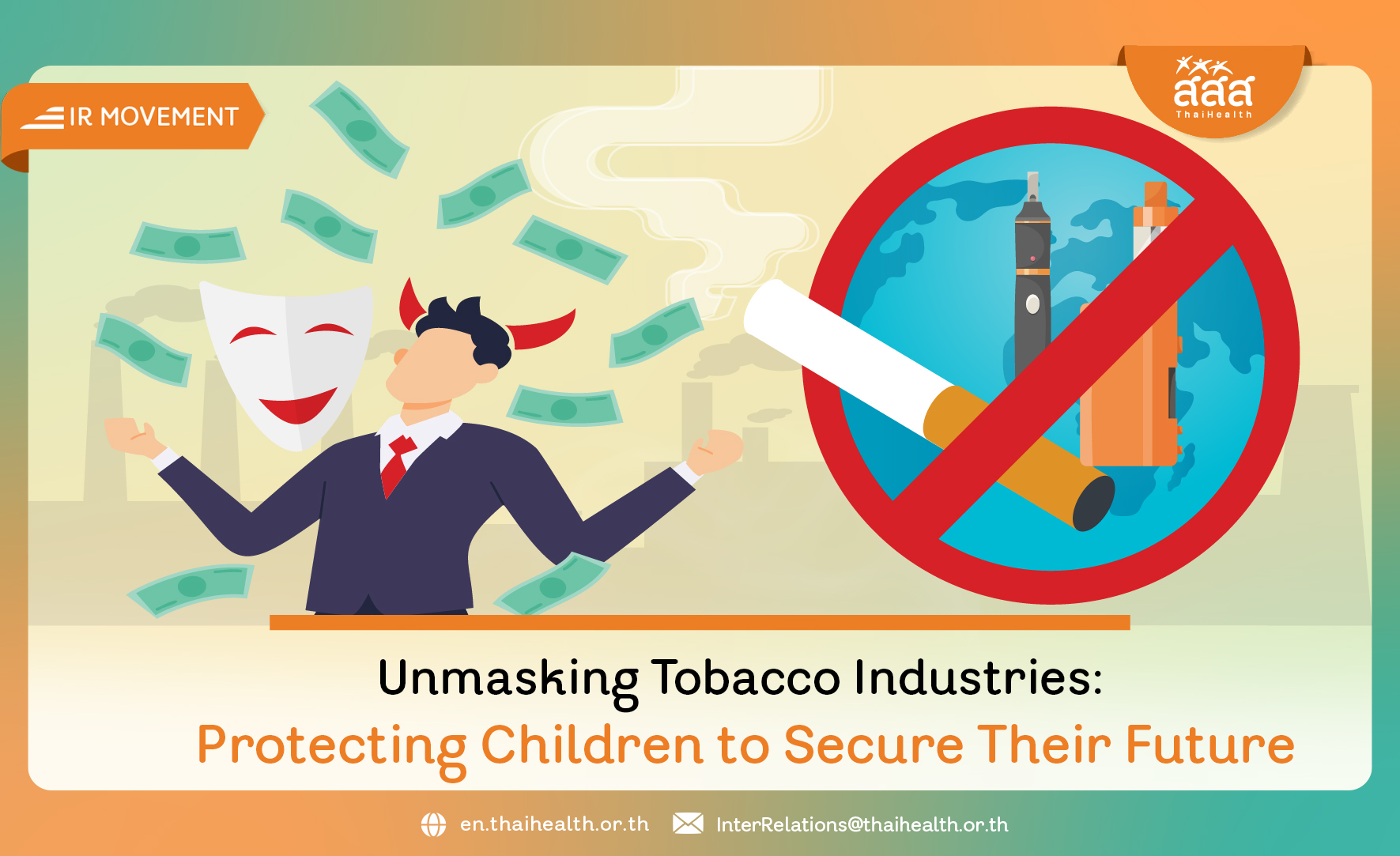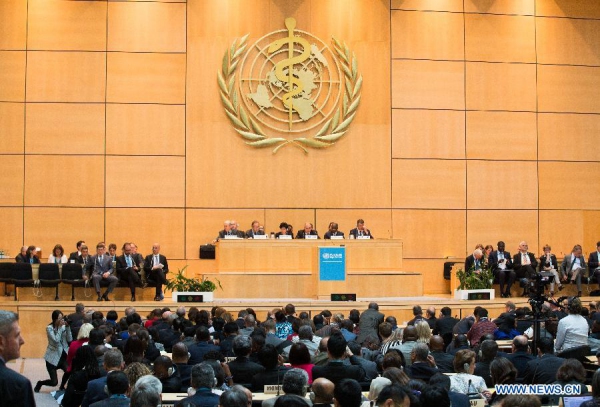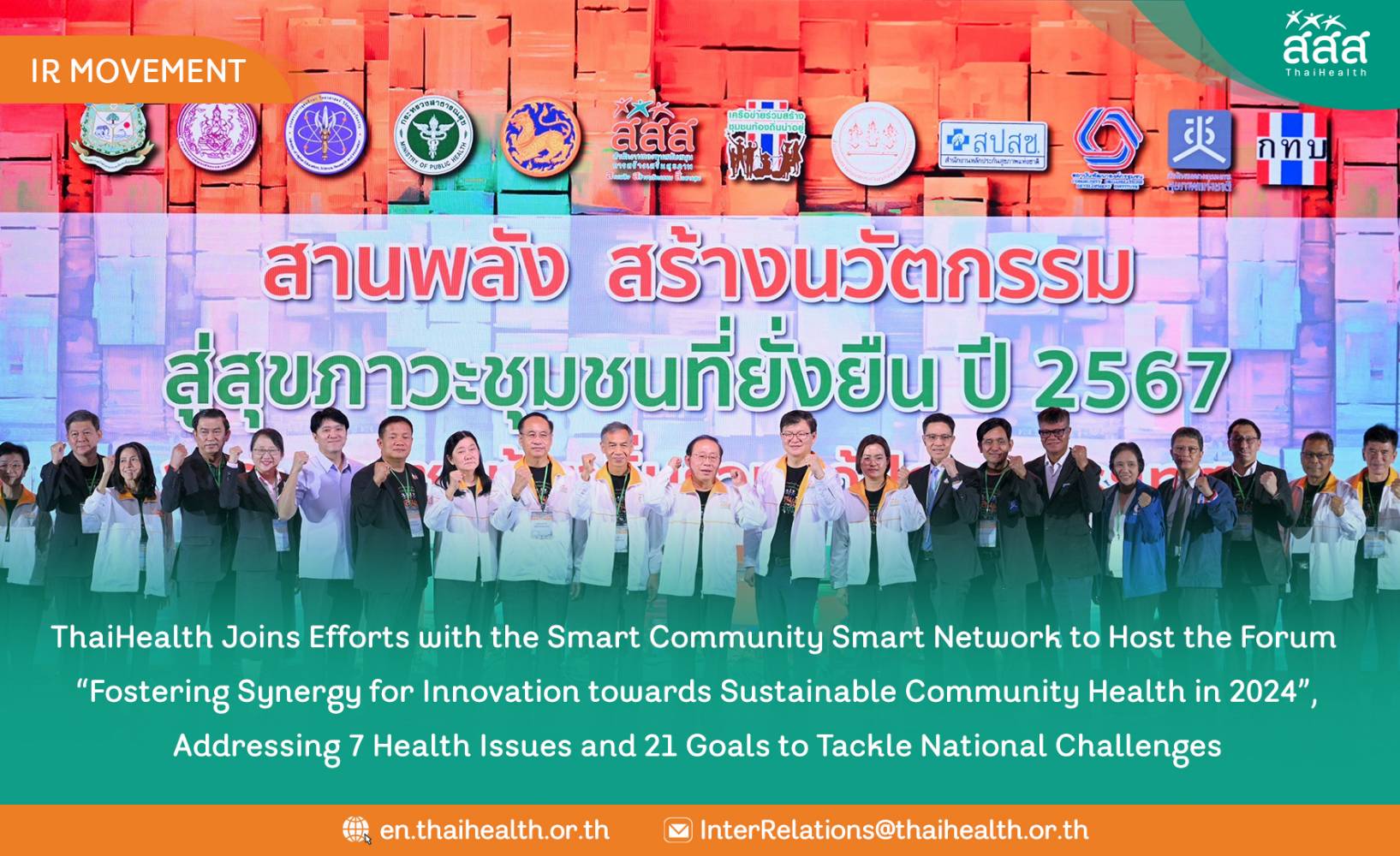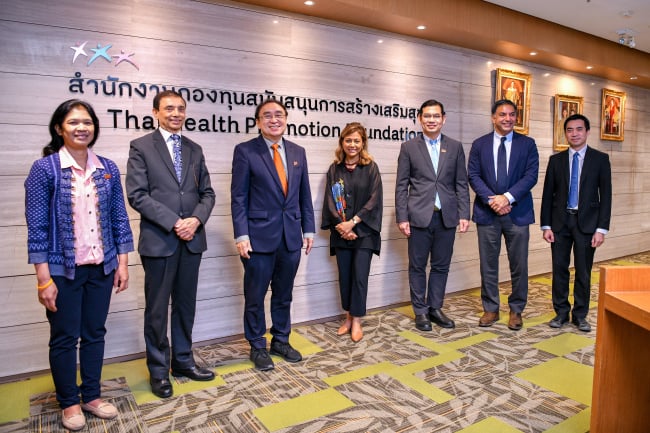The goal that has been pitched with the hope of making all Thai people healthy is the very foundation of the promotion of “4-dimensioned well-beingness” which are, risk factors in food, physical exercise, alcohol, and cigarette. ThaiHealth is now driving these four dimensions of hope into “organisations” and the “Thai labour” under “Happy Workplace” campaign, making an echo of the World Health Organisation’s “Healthy Workplaces” and the International Labour Organisation’s “Decent Work” ideologies.
According to the recent information from the National Statistical Office of Thailand, Thailand has more than 10 million labourers from more than 400,000 entrepreneurial enterprises of every size registered with the Social Security Office in Thailand. This target group, therefore, has become the new potential audience for ThaiHealth to get closer to them to change their health-related behaviours.

Advisor to ThaiHealth Prof Dr Udomsilp Srisaengnam pointed out a clear picture explaining thereason why the issue of health should matter for this group of people, citing the 2006 report issued by the Health Intervention and Technology Assessment Programme (HITAP) that alcohol caused negative impact on the economy by 150 billion baht or 2% of the national GDP.
It can’t be denied either that the labour force in the social security system is considered a part of alcohol drinkers. Besides, the damage of alcoholic drinks also affect these people, people surrounding them, and created a huge burden to the public health on a large scale.
According to the ThaiHealth Advisor, the national- and international-level problem that is one of the top causes of death is the Non-Communicable Diseases (NCDs), which are obesity, high blood pressure, stroke, myocardial infarction, and diabetes. These diseases are rooted from the behaviours of alcohol-drinking, cigarette-smoking, inappropriate eating and physical behaviours.
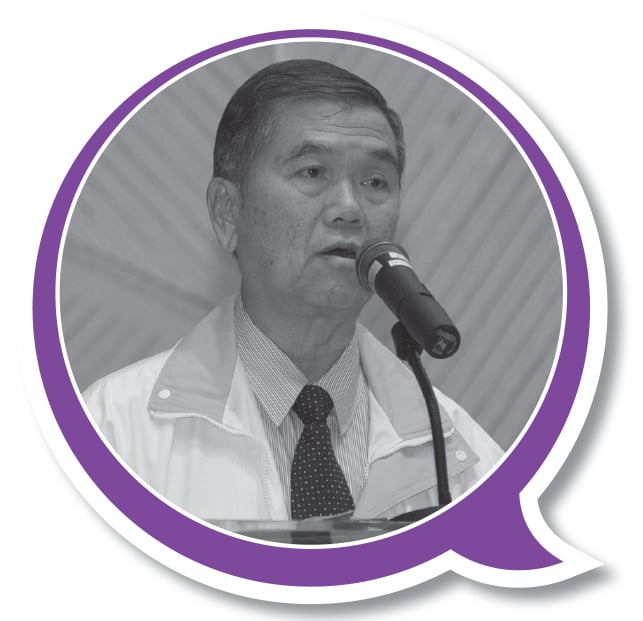 Meanwhile, Dr Jumpol Rodkhamdee, President of the 5th Steering Committee, added that, the proportion of overweighted and obese people skyrocketed quickly. In the span of 2004 to 2009,
Meanwhile, Dr Jumpol Rodkhamdee, President of the 5th Steering Committee, added that, the proportion of overweighted and obese people skyrocketed quickly. In the span of 2004 to 2009,
obesity in the population increased from 28.7% to 34.7%.
In a more surprising figure, the number of obese individuals even tripled in the past 18 years.
“Obesity is the main factor that can lead to other severe diseases, and is the 200-billion-baht public health burden to the nation,” said Dr Jumpol.
On the policy-making side, ThaiHealth Manager Dr Krisada Ruangareerat talked about the strategic framework in the recent Happy Workplace Working Group Meeting 2015 that :
“From 2015 to 2017, ThaiHealth will be giving priority to the support towards the partners’ tasks in their efforts to reduce risk factors in terms of food, physical activities, alcoholic drinks, and cigarettes, in order to improve the health of people in workplaces.”
Prof Dr Udomsilp also added that ThaiHealth was still focusing on strengthening the mechanism to control alcohol consumption with a goal to reduce the proportion of alcohol drinkers of 15-year-old and less, from the 2011 figure of 31.5% to less than 27% within the year 2020. If the Happy Workplace grouping sees the importance of the campaign and joins the programme, the goal will be successfully achieved.

Sending an auspicious response from ThaiHealth’s Corporate Communication Unit Director, Dr Charnvit Vasantanarat said okay to the invitation. “An organisation is one of the essential parts to drive forward the strategy to change the health behaviours and to improve the well-beingness of these employees, their families, and people surrounding them. If an organisation is aware of health and well-beingness, we can make use of the organisation’s potential to develop and support various communities to be sustainably well in terms of health.”
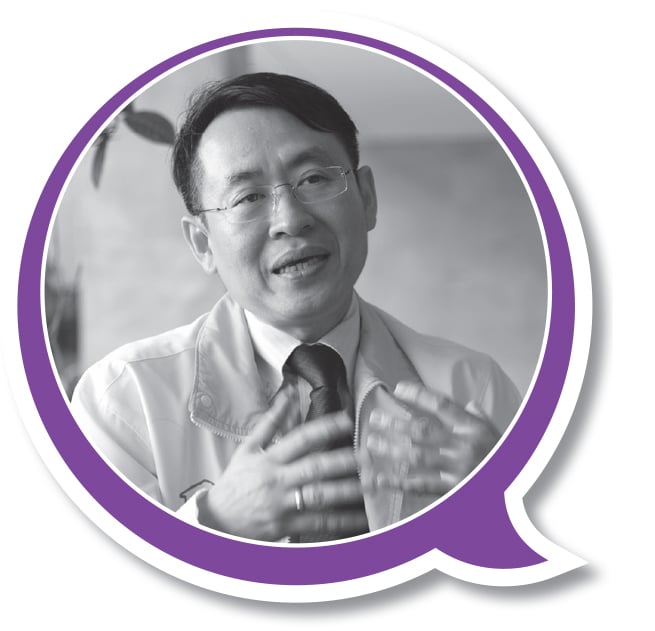 Dr Charnvit explained further that the recent seminar has informed its participants of the health-promoting guidelines to carry on proactive activities in order to reduce risk factors, while exchanging stories of experiences among model private sector companies, such as, Toyota Motors Thailand Co., Ltd., and Siam Cement Group PLC, so as to be applied in other organisations in the future.
Dr Charnvit explained further that the recent seminar has informed its participants of the health-promoting guidelines to carry on proactive activities in order to reduce risk factors, while exchanging stories of experiences among model private sector companies, such as, Toyota Motors Thailand Co., Ltd., and Siam Cement Group PLC, so as to be applied in other organisations in the future. For the better health of 10 million-plus Thai labourers with better working efficiency, that lead to societal stability, economic stability, and the reduction of the government’s public health burdens, it is now time for the “organisation” to change!
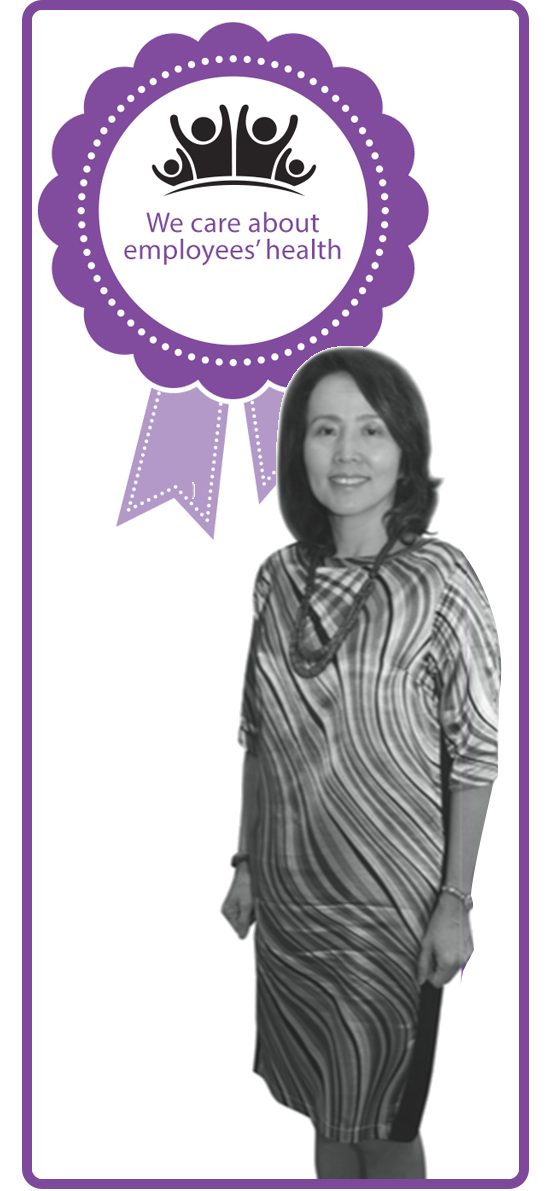
SCG, an example of good governance in “Happy Workplace”
Siam Cement Group PLC has been campaigning about health and physical exercises within the organisation to promote good health among the employees. Khun Venus Asavasitthithavorn, Corporate Communication Director at SCG said that her organisation takes the employees’ health issues seriously. Therefore, SCG released a campaign promoting physical exercise and body movements with enjoyable activities. SCG organises twice a day a physical activity at 10 a.m. and 2 p.m., including special physical activity after work such as aerobics.
“Most importantly, we must appeal directly to the employees. Participation of company executives is also a motivation for them to join the activity and to grow awareness of their own health.”
“What we want is not just a partcipation of the employees, but a change of behaviour of the employees in the whole system. Because ‘Health is Wealth’, and it’s the real happiness,” said Ms Venus.
————————————————
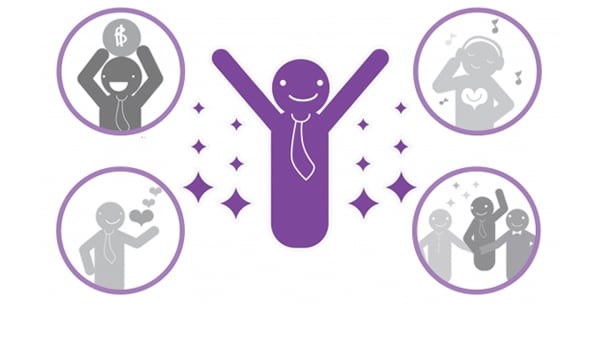



 Dr Charnvit explained further that the recent seminar has informed its participants of the health-promoting guidelines to carry on proactive activities in order to reduce risk factors, while exchanging stories of experiences among model private sector companies, such as, Toyota Motors Thailand Co., Ltd., and Siam Cement Group PLC, so as to be applied in other organisations in the future.
Dr Charnvit explained further that the recent seminar has informed its participants of the health-promoting guidelines to carry on proactive activities in order to reduce risk factors, while exchanging stories of experiences among model private sector companies, such as, Toyota Motors Thailand Co., Ltd., and Siam Cement Group PLC, so as to be applied in other organisations in the future. 